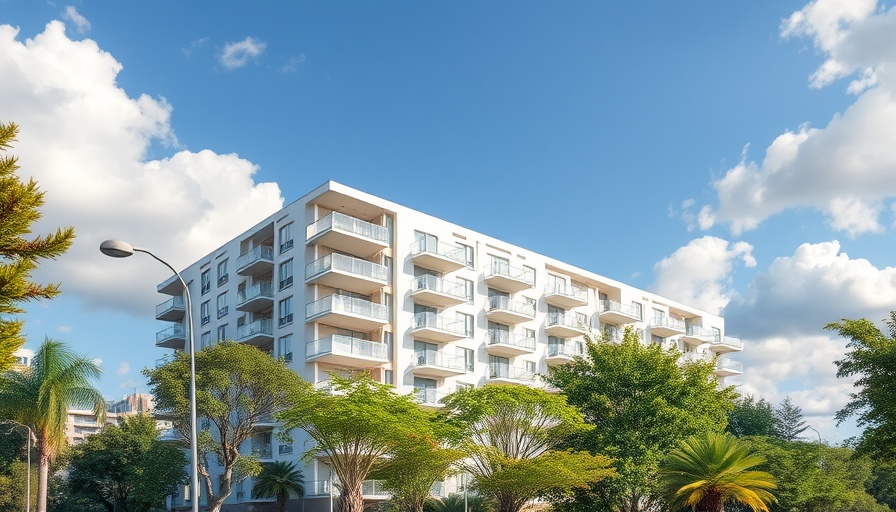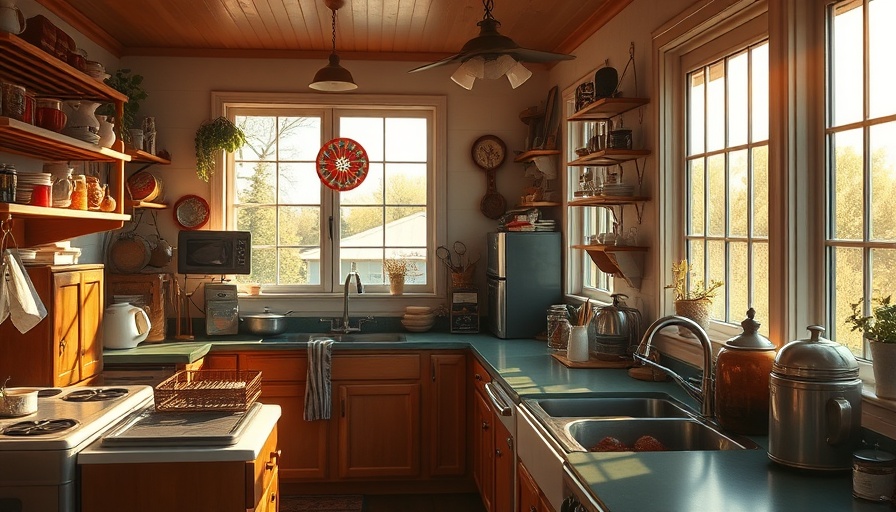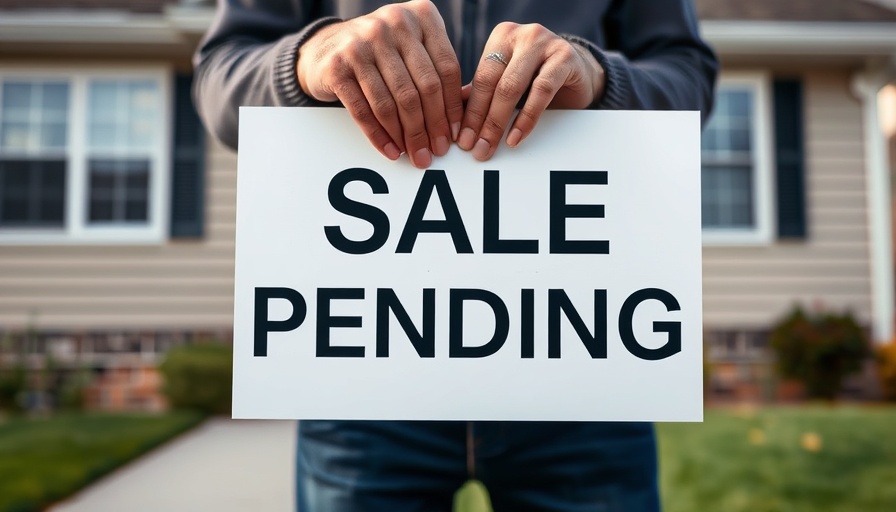
Why Every Buyer Needs a Condo Inspection
Buying a condo should feel like a thrilling new chapter in life, brimming with possibilities, yet many overlook a crucial step that could save them from future headaches: the condo inspection. It’s a common myth that all maintenance in a condo falls under the purview of the homeowners association (HOA), leading many buyers to forgo the inspection process. Unfortunately, this misstep can be financially disastrous. A condo inspection acts as a safety net, allowing you to uncover hidden issues such as leaks, electrical problems, or mold that could seriously compromise your investment. Knowing the true condition of your unit before you make the purchase can arm you with the information necessary to avoid buying into a potential money pit.
Understanding the Scope of a Condo Inspection
A condo inspection is not merely a cursory evaluation of fixtures; it is a comprehensive assessment that delves deep into the property. A qualified inspector will check everything within your unit’s walls as well as any adjacent areas that could present future challenges. In assessing critical systems like plumbing, HVAC, and electrical installations, an inspector provides insight on both immediate concerns and future maintenance costs. This thorough evaluation enhances your negotiating power should any issues arise, allowing you to potentially request repairs or a price reduction.
Costs to Factor in When Buying a Condo
While the cost of a condo inspection may feel like an additional burden, it’s essential to view it as an investment in your peace of mind and financial future. Typically, the cost of a condo inspection ranges from $300 to $500, depending on the property's size and location. Considering the misfortunes others might endure by skipping this crucial step, this minor expense could save thousands in unforeseen repairs later on. Moreover, armed with special knowledge about areas needing enhancement, buyers can set realistic budgets for any anticipated repairs or upgrades.
What to Include in Your Condo Inspection Checklist
Before finalizing your purchase, consider the following essential items to discuss with your inspector:
- Structural Integrity: Walls, ceilings, and floors should be examined for cracks, bulging, or water damage.
- HVAC Systems: Make sure to assess heating, ventilation, and air conditioning units for functioning efficiency and age-related issues.
- Electrical Systems: Inspect outlets, lights, and overall wiring to ensure they meet safety standards and functionality.
- Plumbing: An inspector should check for leaks, pipe conditions, and accessibility for repairs.
- Appliances: Age, condition, and function of significant appliances included with the unit should also be evaluated.
Understanding your rights regarding repairs and maintenance responsibilities will also be illuminated during the inspection process.
The Role of the HOA in a Condo Purchase
A comprehensive understanding of what the homeowners association manages versus personal obligations is vital for buyers. Conducting a condo inspection helps clarify maintenance responsibilities and limits unexpected surprises after you move in. Inspectors will confirm the condition of common areas overseen by the HOA, reinforcing your awareness of shared responsibilities with your neighbors.
Benefits of a Condo Inspection: Beyond Financial Savings
Besides identifying hidden problems, a condo inspection reveals a wealth of information that can grip buyers with confidence. For one, it strengthens your negotiating position dramatically. Should discrepancies arise between what you were informed of and the findings from your inspection, you have tangible proof to request a price adjustment or repairs before closing. Moreover, addressing the intervention early allows buyers to better plan for future upgrades or renovations, effectively making informed decisions that benefit both their lifestyle and finances.
Common Misconceptions About Condo Inspections
Many potential buyers often think that the inspection isn’t necessary since they feel secure in the HOA’s management of maintenance issues. This assumption can lead to dangerous financial consequences. Keeping abreast of issues that hide when walls or ceilings are covered only leads to costly repairs—not to mention the stress of dealing with what could’ve been prevented easily with proper due diligence.
Conclusion
As you embark on your condo buying journey, remember that a condo inspection is not just a formality—it's a critical step in safeguarding your investment. It provides clarity on maintenance obligations, reveals hidden defects, and strengthens your negotiation position significantly.
Considering the importance of understanding your future living conditions, don't find yourself living in a home with unexpected surprises. Make that inspection your top priority as you move forward with your purchase!
 Add Row
Add Row  Add
Add 




Write A Comment